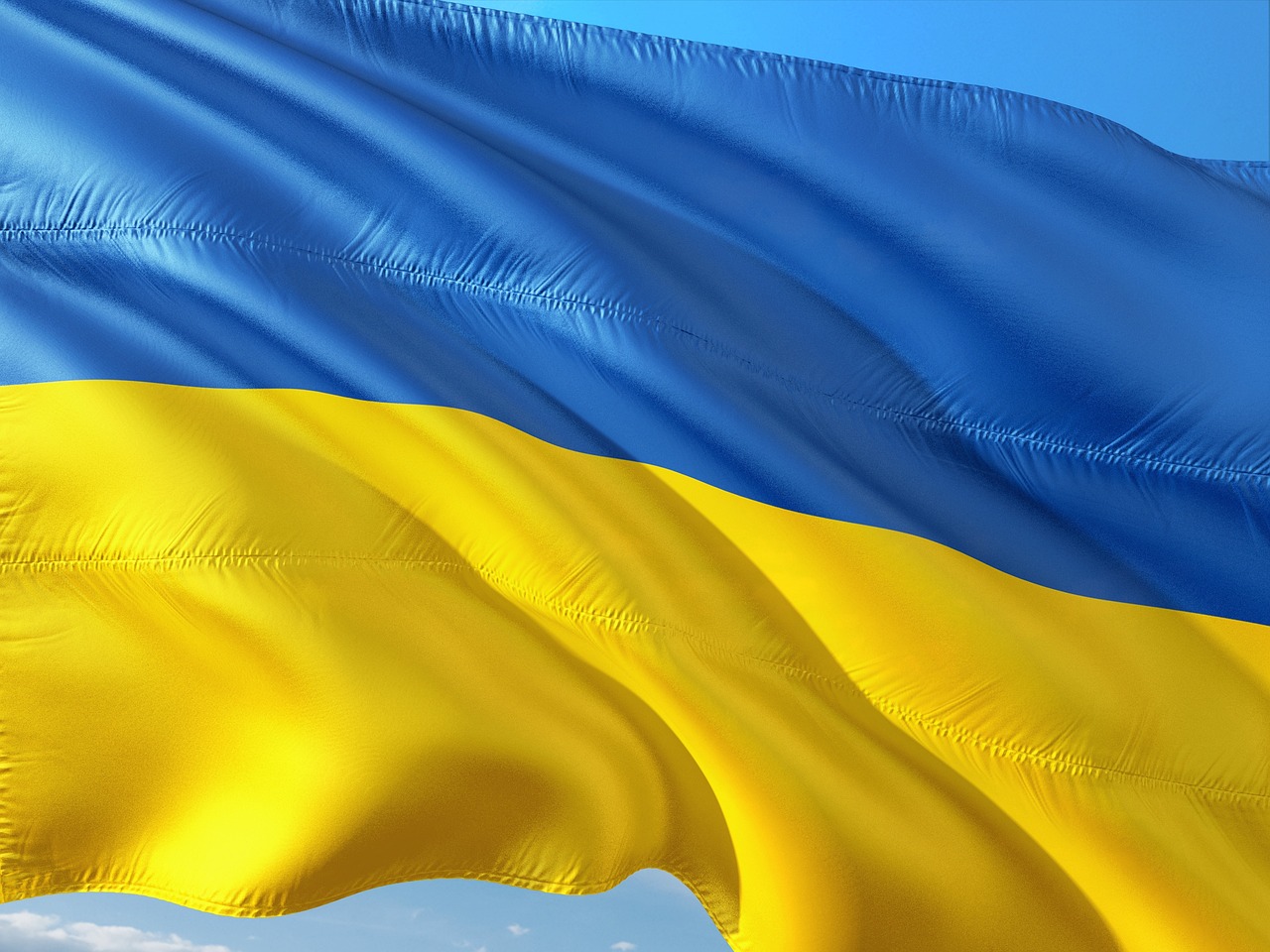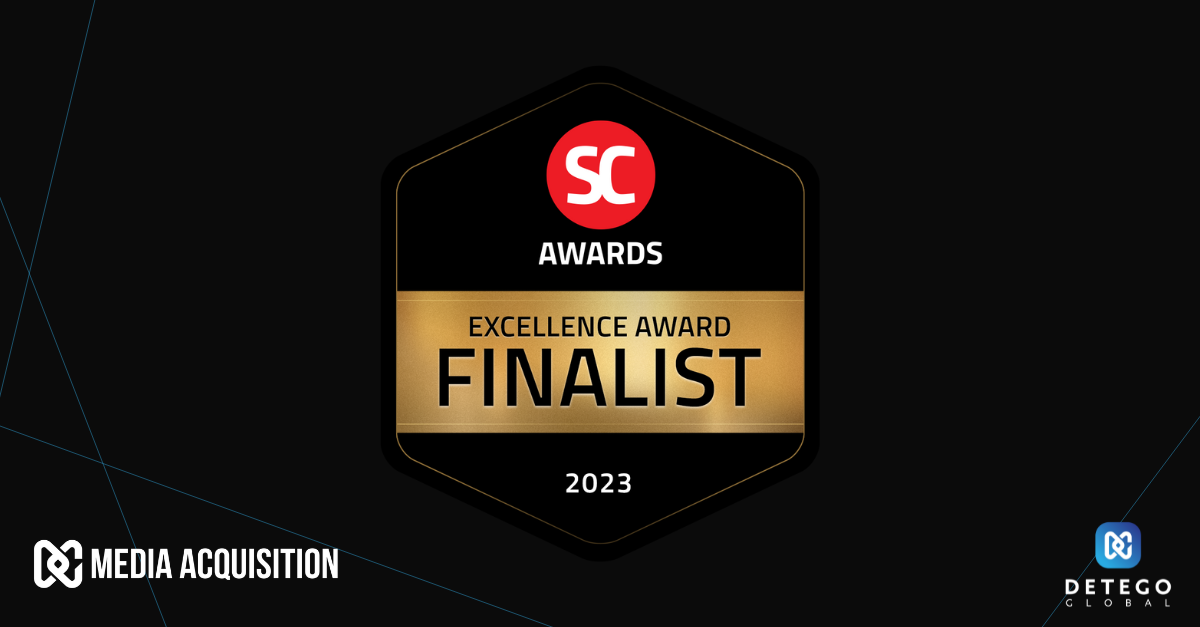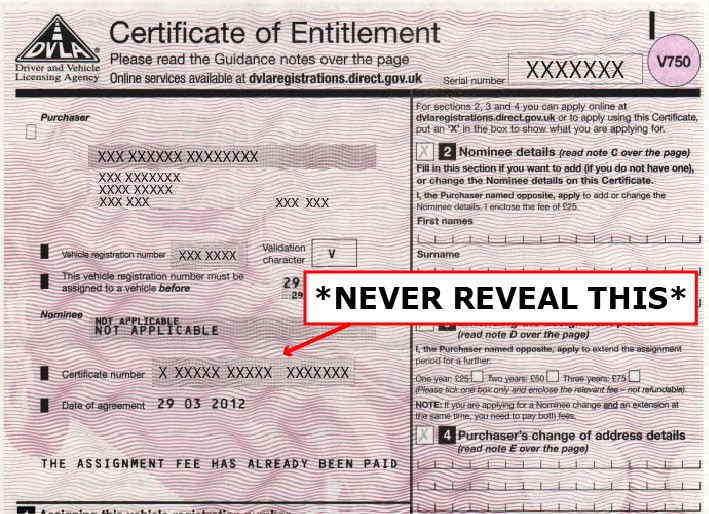The world of writing is undergoing a seismic shift, and it’s all caused by the rise of artificial intelligence (AI). Imagine a future where AI pens bestselling novels, crafts captivating screenplays, and even composes heartfelt music. It may sound like something straight out of a sci-fi novel, but this reality is nearing scarily close.
AI has infiltrated the realm of writing with big studios already starting to exploit this newfound technology. This has in part brought on an uprising among writers and given birth to the Writer Strikes, part of a broader Hollywood labor dispute. Read on as we’ll dive deep into AI and the role it played in the strike at hand and how it affects all of us.
The Impact of Technology and AI
Technology and AI have proven to be powerful industry disruptors across various sectors, some are positive such as the impact on the online gambling industry. For instance, nowadays, users can play video poker casino, a classic card game that has been digitized to make it more accessible to players worldwide. This enables players to enjoy an immersive environment from the comfort of their own homes using most devices – be it desktop or mobile.
The incorporation of AI into these platforms has taken the online gambling experience to a whole new level by providing players with more interactive and realistic gameplay. Furthermore, AI-powered systems manage to analyze vast amounts of data to detect fraudulent/suspicious activities, ensuring increased safety for players while enhancing trust in the platform. However, not all industries have been positively impacted, which brings us to the writing industry.
The rise of technology, but more significantly, AI has had a huge impact on writers. While some may argue that it is an opportunity for growth and innovation, others view it as a possible threat to their livelihoods.
Technically speaking, AI-powered tools can enhance productivity by automating tasks such as grammar checks and proofreading, allowing writers to focus more on creativity and storytelling. However, when writers use AI tools and insert their writing into it, whilst it’s analyzing the data it is also learning from it.
This leads to it regurgitating the information you have added whenever someone else may be querying a similar subject. After all, while AI is a powerful tool, it can actually be considered a plagiarism tool. This is because it is taking existing information and simply rewriting it in a way that lacks the emotional depth or a “voice” that a human writer offers.
Of course, there are some positive factors such as the fact that AI can help writers become better organized by providing them with additional tools for task management which can save time. However, the small positives do not cover the fact that there are valid concerns about AI replacing human creativity and the uniqueness that each writer brings to their work. It can be argued that no matter how advanced AI becomes, it can only act as a low-quality facsimile of what a human can create.
How is AI Driving the Writer Strike?
First let’s discuss what the strike is about, as addressed above, it is part of a larger Hollywood labor dispute. This event has shaken the entertainment industry and could potentially mark a pivotal moment in the ongoing battle between writers and AI technology, which threatens to replace human creativity with algorithmic efficiency.
At its core, the strike is a response to the poor compensation for writers via residuals due to the advent of streaming along with a lack of agreement to limit the use of AI in the industry. The Writers Guild of America (WGA) argues that AI-generated content undermines the value and quality of human-created work and that it should be used as a tool to aid but not replace them.
One way that AI is driving the writer strike is through automated content generation. Many companies are planning to or already using AI algorithms to craft ideas for content and content itself at a fraction of the cost of hiring human writers. In fact, AI-powered language models like ChatGPT-3 have become incredibly sophisticated in recent years mimicking human writing styles, which is raising concerns among writers.
In fact, one method that was proposed was to use AI to craft a simplistic screenplay for a TV show and then hire a writer to edit and hone the screenplay. This would be disastrous for the industry, with writers suffering as they wouldn’t be hired for creating anymore and consumers suffering due to a subpar result.
The fear is that as technology continues to advance, more companies will turn to automation instead of employing human writers. The writer strike serves as a wake-up call for society as a whole to carefully consider how we integrate technology into our creative processes while still valuing the unique perspectives and talents of human authors. As this debate unfolds during the strike, it raises important questions about what constitutes authentic writing and how we ensure fair compensation for creators.
Conclusion
As we have seen, AI technology has disrupted traditional writing processes and is even driving writer strikes. Ultimately, while AI may continue to reshape the way we write, it cannot replace human creativity or emotions. It is up to us to support creators during this strike to ensure corporations harness this powerful technology responsibly and ensure that writers can continue to shape stories that resonate with audiences worldwide.






